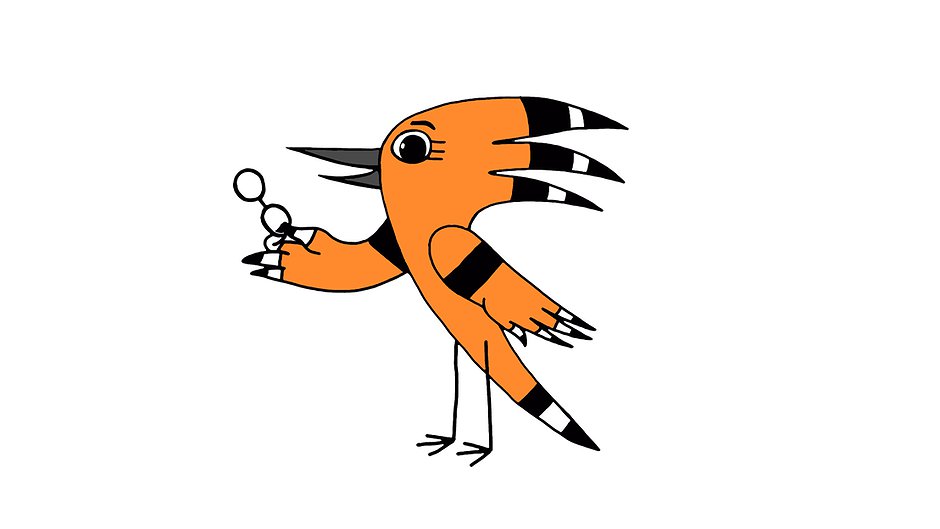Digital Security
60 mins
Cyber Defense for Journalists, Activists and their Audiences
- Abstract:
- Ensuring that journalists and their audiences know how they might be vulnerable to digital attacks and what information they need to protect is key to selecting and using appropriate digital security tools and techniques. Digital security is therefore essential to the free flow of information online: enabling journalists to safely report on key issues in the public interest and their audiences to engage with this material without compromising on their own security.
- About this course:
- This is an engaging and easily digestible cyber defense course in 12 short video-lessons which you can share with colleagues, friends and family. Our expert, Kida the cyber-hoopoe, will not only take you through the most common digital security attacks and what you can do to prevent them, but also encourage you to take care of yourself in the process. This resource is one to work through beginning to end or to dip into for a refresher as you need. Kida is waiting for you with a cup of tea for her stress-free guide to your digital security!
- What do I learn:
- Through this course, you will learn how to use recommended digital security tools and techniques to ensure your online safety. This course begins with a personal digital security risk assessment and self-assessment before considering the most common digital security attacks targeting journalists and their audiences. You will understand the different ways in which attackers might target you online and consider how you and the information on your devices might be vulnerable. You will then explore ways to secure your devices, protect your accounts, defend against tracking and surveillance and ensure you are using the internet safely.
- What do I need to know:
- Learners do not need any prior knowledge of digital security tools and techniques to enrol in this course but ideally should be familiar with their own devices and settings. Recommended applications and guidance materials will be linked to through QR codes in the animations so an internet-enabled phone would be a helpful resource for participants. In addition, users should think carefully about their own threat models and what might be at risk in the case of a digital attack and use this information to select priority lesson subjects for their needs.
Trainers
- 1.1 Getting to know Kida and self-assessment
- 2.1 Risk assessment
- 3.1 Phishing
- 4.1 How to tell if your account has been hacked or your login details are vulnerable
- 5.1 Creating and storing strong passwords
- 6.1 Multi-factor Authentication
- 7.1 Active sessions
- 8.1 Communicating securely
- 9.1 VPNs and anti tracking
- 10.1 Files, cameras and microphones
- 11.1 Top tips
- 12.1 How to protect your phone
Related courses
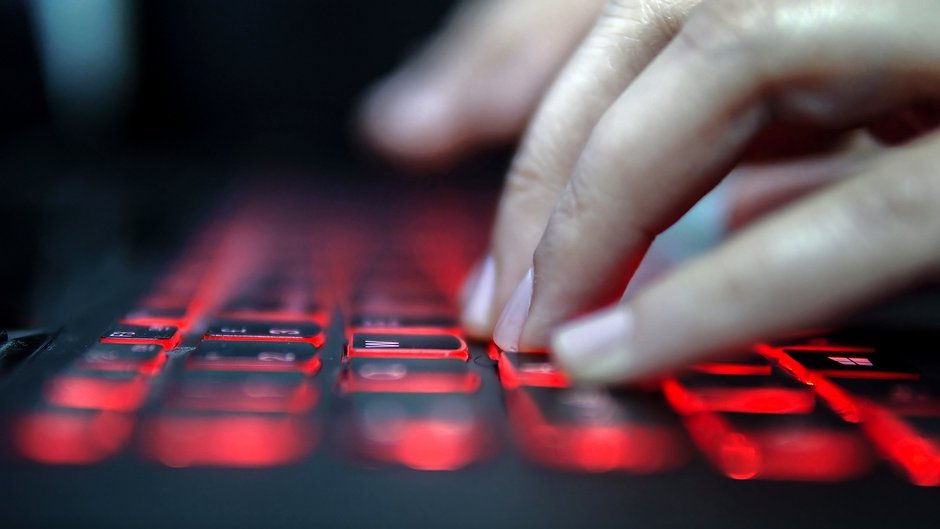
20 mins
Digital Security
Phishing, Malware and Social Engineering
 Security First
Security First
20 mins
Digital Security
Phishing, Malware and Social Engineering
 Security First
Security First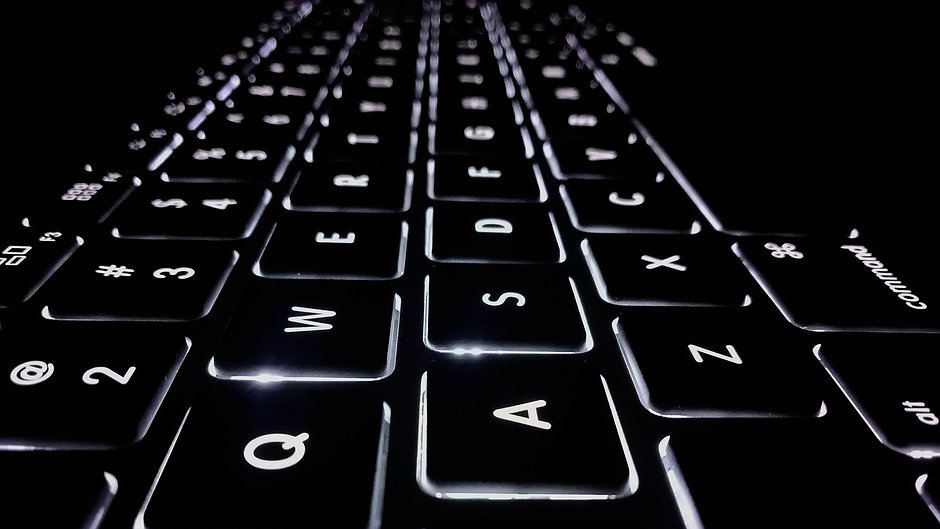
20 mins
Digital Security
Secure passwords and encryption of data
 Security First
Security First
20 mins
Digital Security
Secure passwords and encryption of data
 Security First
Security First
Suggested reading
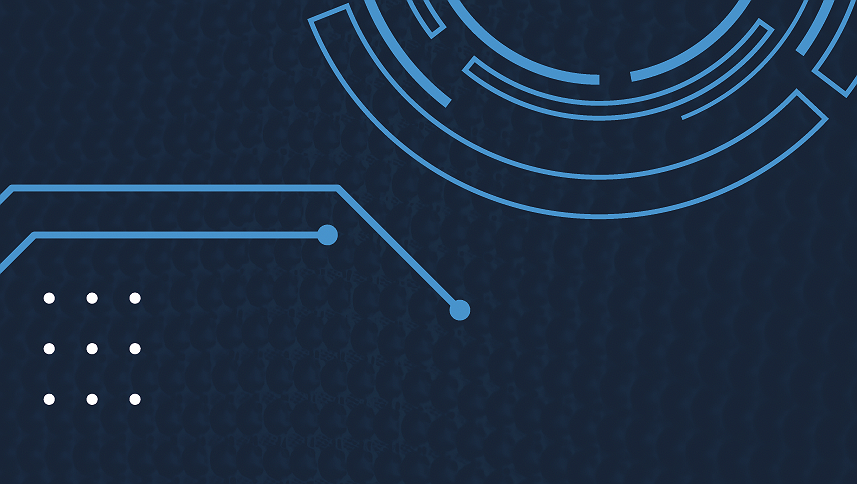
Blog
Building Capacity for Monitoring & Documenting Human Rights Violations
The purpose of this assessment is to evaluate the efficacy of strategies used by HRPs/HRMOs for communicating during blackouts. The goal of this project envisages to see a ZimbabweanCivilSociety that is prepared to document and monitor human rights violations without hiccups during internet shutdowns.

Blog
Advocacy Assembly Internet Shutdown Academy: Creative Strategies to Fight Back
Internet shutdowns are occurring increasingly globally, posing significant threats to freedom of expression, access to information & economic growth. These shutdowns manifest in various forms through different technical measures & are implemented by governments in various circumstances. Responding to this threat of internet shutdowns, Advocacy Assembly designed the Internet Shutdown Academy, a set of 10 full online courses in 7 languages!

Blog
Evaluating the Efficacy of State-Imposed Telecom Shutdowns in Northwest Nigeria
This article casts doubt on the shutdowns' effectiveness in curbing banditry, exposing alternative explanations for any temporary decrease in attacks. It questions the legitimacy of justifying these shutdowns as effective counter-terrorism measures, advocating for alternative approaches that prioritize community engagement, human rights, and development initiatives to address the root causes of insecurity and foster lasting peace in Northwestern Nigeria and Nigeria at large.
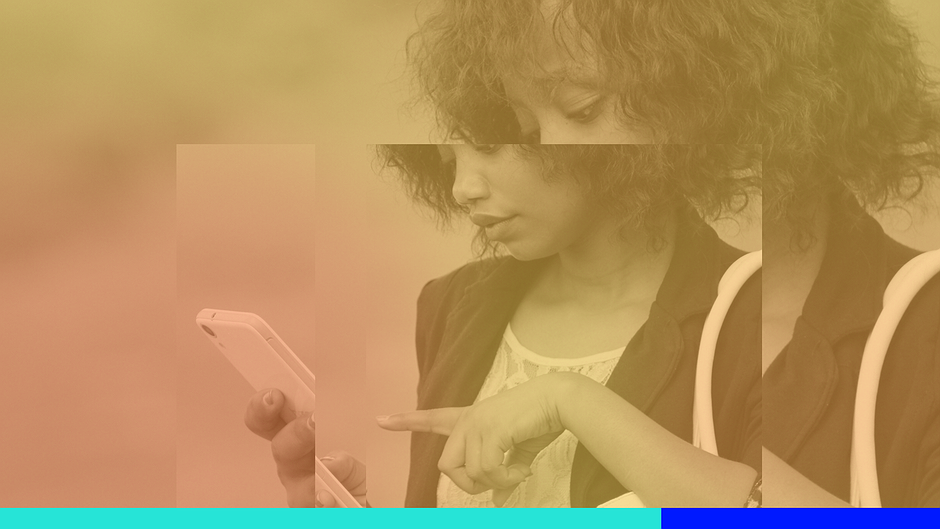
Blog
Impact of the Twitter Ban in Nigeria
This post is a research study on the impact of the Twitter ban in Nigeria on Human Rights Monitoring, Advocacy and Creativity. Read more.
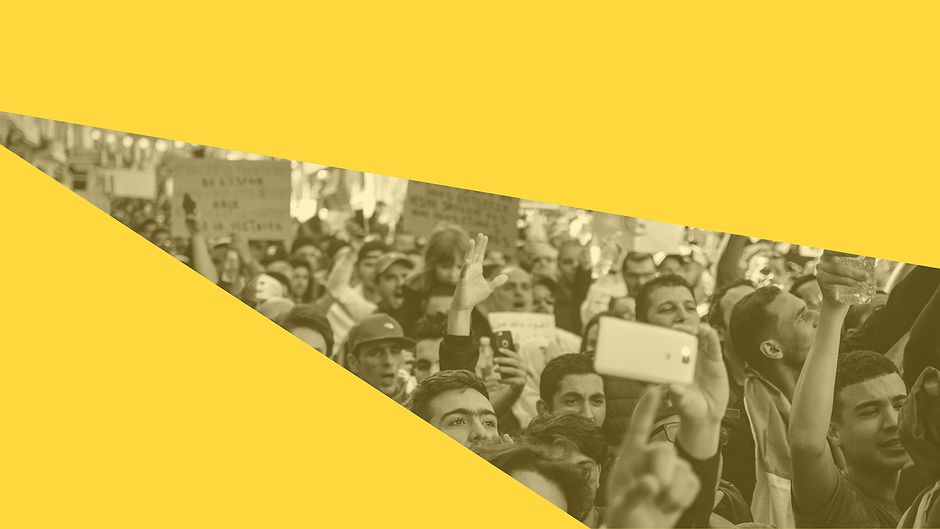
Blog
Four Free Toolkits to Fight Internet Shutdowns
Let’s tell you a little bit more about each toolkit!
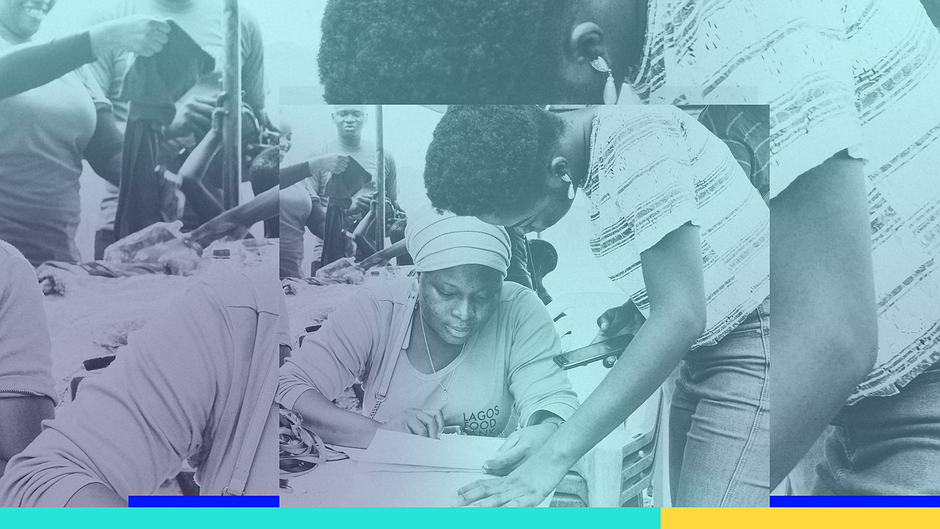
Blog
The Impact of Internet Disruptions on Farmers in Nigeria
In Nigeria’s Northwestern Sokoto State, farm workers grapple with geopolitical challenges, shifting climate realities, and economic turbulence. However, they now face a new, growing threat: a troubling rise in internet disruptions, which threatens their ability to work in an increasingly digitally connected world. Read more.
